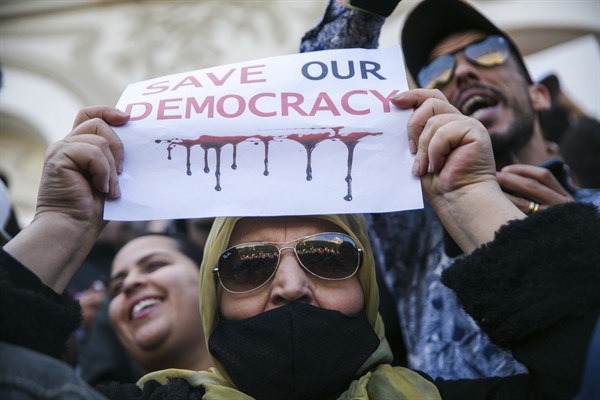In the fall of 2012, as Syria plunged into civil war and the Eurozone crisis generated panic across global markets, a parliamentary election in Ukraine signaled trouble ahead to those who were paying attention. The results that trickled out on Oct. 28, 2012, indicated that then-President Viktor Yanukovych’s Party of Regions had secured a strong position through dubious constitutional maneuvers and ballot manipulation.
In the aftermath of the elections, Yanukovych’s corrupt and Russia-friendly clique tried to bend Ukraine to their whims. The simmering discontent among large parts of the population over Yanukovych’s power grab was the first escalation in political battles that ultimately led to the Maidan uprising less than 15 months later. By the summer of 2013, a widespread sentiment had taken hold among Ukrainians that closer integration with the European Union was a final chance to prevent Yanukovych from taking Ukraine down Russia’s path of venal authoritarianism. Yet even as Russian President Vladimir Putin did everything to obstruct Ukraine’s path to closer ties with the West, many EU leaders seemed oblivious to how fast things were approaching a crucial inflection point in Moscow and Kyiv.
Eight years after EU leaders watched in shock as Yanukovych fled a popular uprising and the Putin regime ordered the first invasions of Ukraine, a political crisis in Tunisia and deepening structural problems throughout the rest of North Africa show that the EU still seems unable to focus on more than one strategic challenge at a time. While the Russo-Ukrainian war has shaken Europe to its core, the survival of Tunisia’s democratic experiment along with peace and prosperity in Algeria, Libya and Morocco are of equal strategic importance to the EU. Its cumbersome response to the past decade of social upheaval in North Africa echoes the strategic miscalculations in the 1990s and 2000s that left EU institutions ill-prepared for the breakdown in relations between Russia and Ukraine.

